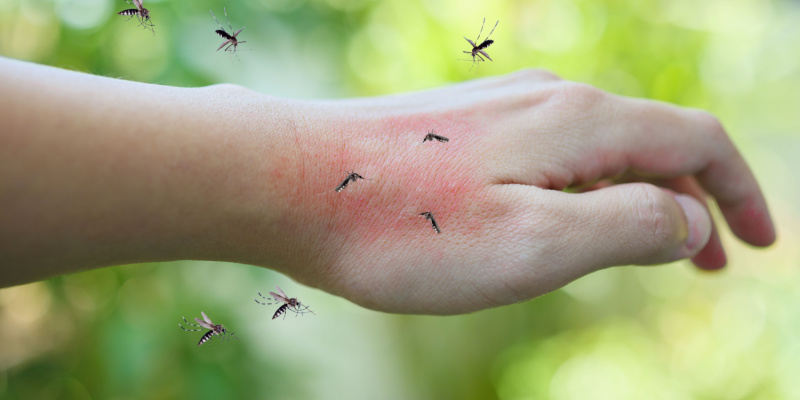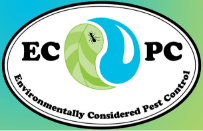
Do Mosquitoes Carry Disease?
Mosquitoes, those tiny buzzing creatures that invade our outdoor spaces, are notorious for their itchy bites and irritating presence. But did you know that they can also be carriers of deadly diseases? This article will explore the connection between mosquitoes and diseases, shedding light on their role as vectors and potential health risks.
Mosquitoes as Disease Vectors
Mosquitoes are considered one of the most dangerous creatures on the planet due to their ability to transmit diseases. While there are thousands of mosquito species worldwide, only a small fraction of them can transmit diseases to humans. Female mosquitoes, specifically those of the Aedes, Anopheles, and Culex genera, are the primary culprits behind disease transmission.
The Role of Mosquitoes in Disease Transmission
When mosquitoes bite an infected individual, they ingest the pathogens along with the blood. These pathogens then go through a complex life cycle within the mosquito, often multiplying and adapting to the insect's physiology. When the infected mosquito subsequently bites another individual, it injects the pathogens into their bloodstream, potentially leading to disease transmission.
Diseases Transmitted by Mosquitoes
1. Malaria
Malaria, caused by the Plasmodium parasite, is one of the deadliest mosquito-borne diseases, responsible for millions of deaths annually. Anopheles mosquitoes are the primary carriers of malaria, and transmission occurs when they inject the parasite into a human host.
2. Dengue Fever
Dengue fever, caused by the dengue virus, is a significant global health concern. Aedes mosquitoes, particularly Aedes aegypti, transmit the virus. Symptoms range from mild flu-like symptoms to severe dengue hemorrhagic fever, which can be life-threatening.
3. Zika Virus
The Zika virus gained global attention in recent years due to its association with severe birth defects. Aedes mosquitoes are also responsible for transmitting this virus, which can lead to neurological complications in adults and cause microcephaly in newborns.
4. Yellow Fever
Yellow fever, caused by the yellow fever virus, is endemic in parts of Africa and South America. Aedes and Haemagogus mosquitoes transmit the virus, which can cause severe illness, including jaundice, organ failure, and even death.
5. West Nile Virus
West Nile virus is transmitted to humans primarily through the bite of infected Culex mosquitoes. While most infected individuals experience mild or no symptoms, severe cases can lead to neurological complications, including meningitis and encephalitis.
Prevention and Control
Preventing mosquito-borne diseases requires a multi-faceted approach, including personal and community-level measures. Here are some strategies to minimize mosquito populations and reduce the risk of disease transmission:
- Eliminate Breeding Sites
Mosquitoes lay their eggs in stagnant water. Removing standing water around your home, such as in flower pots, buckets, or gutters, can help reduce mosquito breeding grounds. - Use Insect Repellents
Applying mosquito repellents containing DEET, picaridin, or lemon eucalyptus oil can effectively protect against mosquito bites. - Wear Protective Clothing
Wearing long sleeves, long pants, and socks can help reduce exposed skin, making it harder for mosquitoes to bite. - Install Screens and Nets
Ensuring that windows and doors have screens can prevent mosquitoes from entering indoor spaces. Additionally, sleeping under mosquito nets can provide protection during sleep. - Vector Control Programs
Communities can implement mosquito control programs, such as spraying insecticides or using biological control agents, to target mosquito populations and reduce disease transmission. - Professional mosquito control experts
Hiring professional mosquito control experts is your best bet for eliminating these pests. Experts have access to advanced technologies and equipment designed specifically for mosquito eradication, making their services more efficient than anything you can buy at a store. Additionally, professional exterminators have extensive knowledge about the different types of mosquitoes and their breeding habits. This means they know precisely where to look when searching for larvae and adults – in stagnant water areas around your property – significantly increasing the likelihood of successful eradication.
Mosquitoes are not just annoying insects that leave itchy bites, but they are also carriers of various diseases. They have been responsible for millions of deaths worldwide, and taking measures to prevent their spread is essential. Understanding the risks associated with mosquito-borne illnesses can help individuals take precautions to protect themselves and their families from potential harm. So take action today to safeguard your health, and call ECPC Pest Services!
